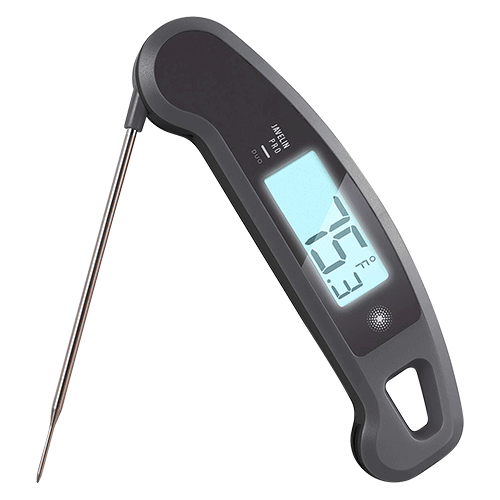Thermometers, Mirrors, and Pageants: A Reflection on Assessments
“Why do we have to be so fancy? Can’t I just keep my grades focused on tests, quizzes, and homework?” Sitting at the faculty lunch table, our casual conversation about our most recent PD on formative and summative assessments had just turned into an argument. Half of the table lauded the distinction, function, and purpose of assessments. The other half, bitter at all the changes, wanted to keep things the way they always had been—you read, I lecture, you take a test in an endless cycle day after day.
This exchange highlights the importance of understanding why assessment is so critical. Here are my top three thoughts on what is assessment and why it matters:
#1 Assessments are thermometers

Mom peaking into the oven to check on the turkey and baste its crispy golden skin is an iconic image of Americana. Indeed, I can recall my own Father pulling that festive bird out of the oven and thrusting a meat thermometer into the deepest part of the meat. He did this to check on its doneness. A low temp meant longer cooking time or rotating the pan. Formative assessments are just like this, ways of monitoring the progress of students toward their optimal understanding. Frequent checks for understanding and development help inform teachers how to adjust and move forward in a systematic and productive manner.
#2 Assessments are mirrors

We look at ourselves in the mirror every day. We do this most often to check our physical appearance, usually before leaving the house in the morning. But what of looked at our inner-self and our growth and learning? Metacognitive reflection is a practice in which the learner reflects on their own knowledge, identifying what they know and what they don’t know. Assessments provide this opportunity for critical self-reflection of what we know and in what we still need to grow.
#3 Assessments are a pageant
As a young boy, I was cast as the “lion tamer” in the kindergarten circus pageant. We read about our roles and learned to act like various animals and performers. We then conducted this circus for our school and our parents. While a silly anecdote, this performance was an assessment of what we knew and what we would show our families. Summative assessments are a demonstration of our learning. This need not, and perhaps is better not, done through multiple-choice (read: guess) or matching as so many do. Indeed, a showcase, project, performance, or pageant is an excellent way to demonstrate learning.
While these three reflections on assessments are by no means exhaustive, I believe that they are foundation stones upon which excellent instruction can be built.
What did I miss? What does assessment mean to you?
Category: BLOG
Tagged: assessments, CEP813, MAET, metacognition

